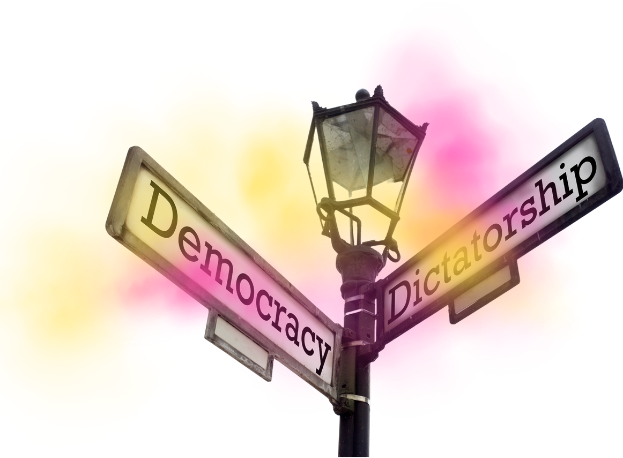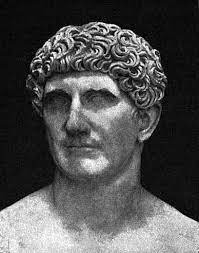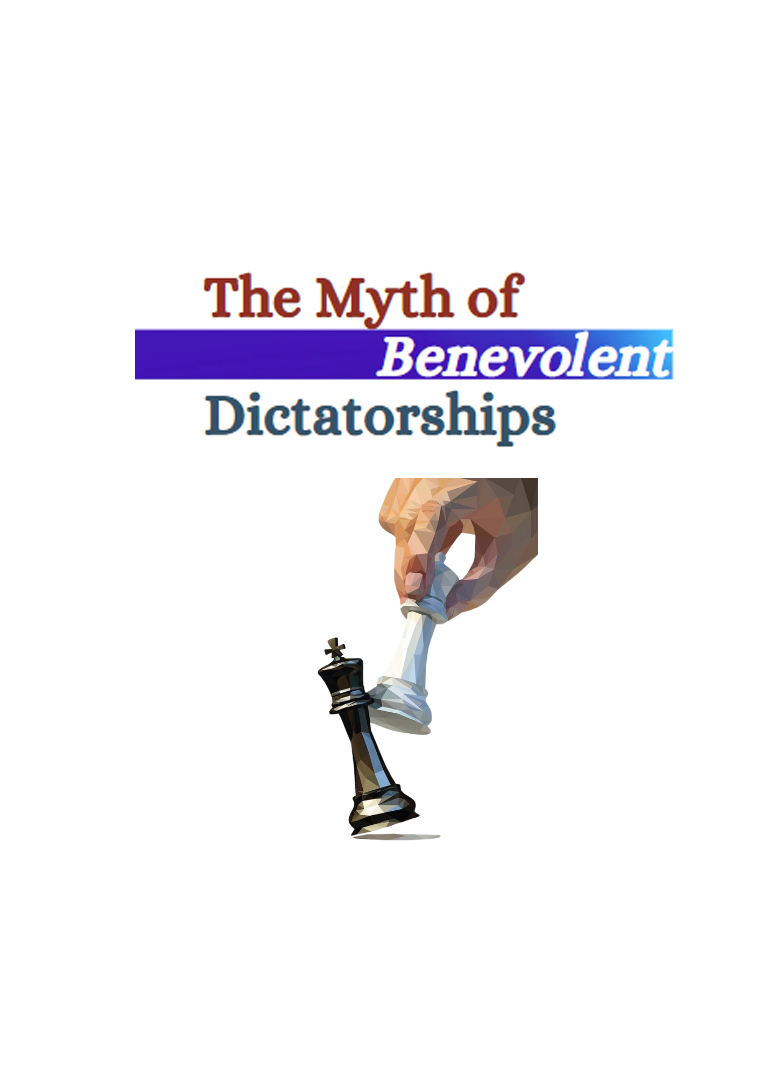Pakistan emerged in a state of disarray as a “moth-eaten” country. Our inherited colonial state apparatus was geared only for the implementation of two central policies: the maintenance of law and order, and the extraction of surplus resources from our agrarian economy. The colonial state structure that we inherited was thus ill-suited for the formidable task of fostering comprehensive national development. Following the “transfer of power,”
Our post-colonial administrative state, rather than undertaking a proactive approach to national
development, directed its efforts toward perpetuating the inherited colonial policies and building onerous security paraphernalia. Instead of cultivating a merit-based governance system, our state apparatus underwent a considerable deterioration over time, morphing into what can be characterized as a “rent-a-state” or a “play-doh state,” effectively serving the interests of our elite.
That failure of our elite to embrace a meritocratic governance model was thus the second reason why we never experienced the rapid economic take-off that was seen in Southeast and East Asian states.
That failure of our elite to embrace a meritocratic governance model was thus the second reason why we never experienced the rapid economic take-off that was seen in Southeast and East Asian states.
Our elite’s fascination with the “benevolent” dictatorship model is not only falsified by historical evidence from our history and East Asian history but is also fundamentally irrational. It overlooks three inherent design flaws of authoritarian regimes that cannot be ignored.
First, the success or failure of such a system is contingent not on the content or
process of law, but rather on the character of the individual who seizes authority.

World history provides limited evidence to support the proposition that individuals wielding unchecked power can be relied upon to consistently act benevolently or rationally. Historical evidence supports the reverse case and consistently demonstrates that the centralization of power in the hands of one person often leads to deranged behavior, frequently giving rise to monstrous outcomes and creating nightmares for humanity.
The reason behind the tendency of individuals with unrestrained power to behave erratically is straightforward: the disregard for legal processes in the ostensible pursuit of “benevolence” (such as fostering growth and development) may initially generate temporary excitement and thrill surrounding an authoritarian regime. However, the adoption of such shortcuts often culminates in the establishment of an unbridled police state.
Acton was right: power corrupts and absolute power corrupts absolutely Probably the only dictator who did not succumb to the pitfalls of unbridled power was Lucius Quinctius Cincinnatus (458 B.C.).
He was a retired Roman statesman, summoned by high-ranking officials to assume the role of a Roman dictator. The Aequians, seeking independence from Rome, led Cincinnatus to raise an army, defeat the Aequians, and willingly relinquish power after mere sixteen days. Following his return to a quiet life on his farm, Cincinnatus was again summoned in 439 B.C. to address a conspiracy against the king.

True to his exceptional character, he retired once more after neutralizing the threat. Cincinnatus stood as an exception to Acton’s truism, representing a rare instance of a dictator who wielded absolute power yet governed briefly. His example sharply contrasts with the more common fate of self-proclaimed “benevolent” dictators, who often establish police states and meet less auspicious ends in caves or basements.
Fables
Most authoritarian rulers, in contrast to Cincinnatus, end up resembling the “large water snake” in Aesop’s fable.
In that fable, the frogs wished for aking. Zeus sent them a large block of wood that initially placated them. However, growing discontented, the frogs demanded a real king. Zeus then sent them a large water snake that consumed as many frogs as it could. Aesop’s fable serves as a cautionary tale about the perils of wishing for authority without understanding its potential consequences.
Unlike the unsuspecting frogs who had never experienced one-man rule, we have witnessed, not once but many times, the outcomes of one-man rule, and yet there persists a fascination with the benevolent dictatorship model. Are we, as a society, worse than Aesop’s frogs who wished for a king without experiencing the reality of kingship?
To be continued…







